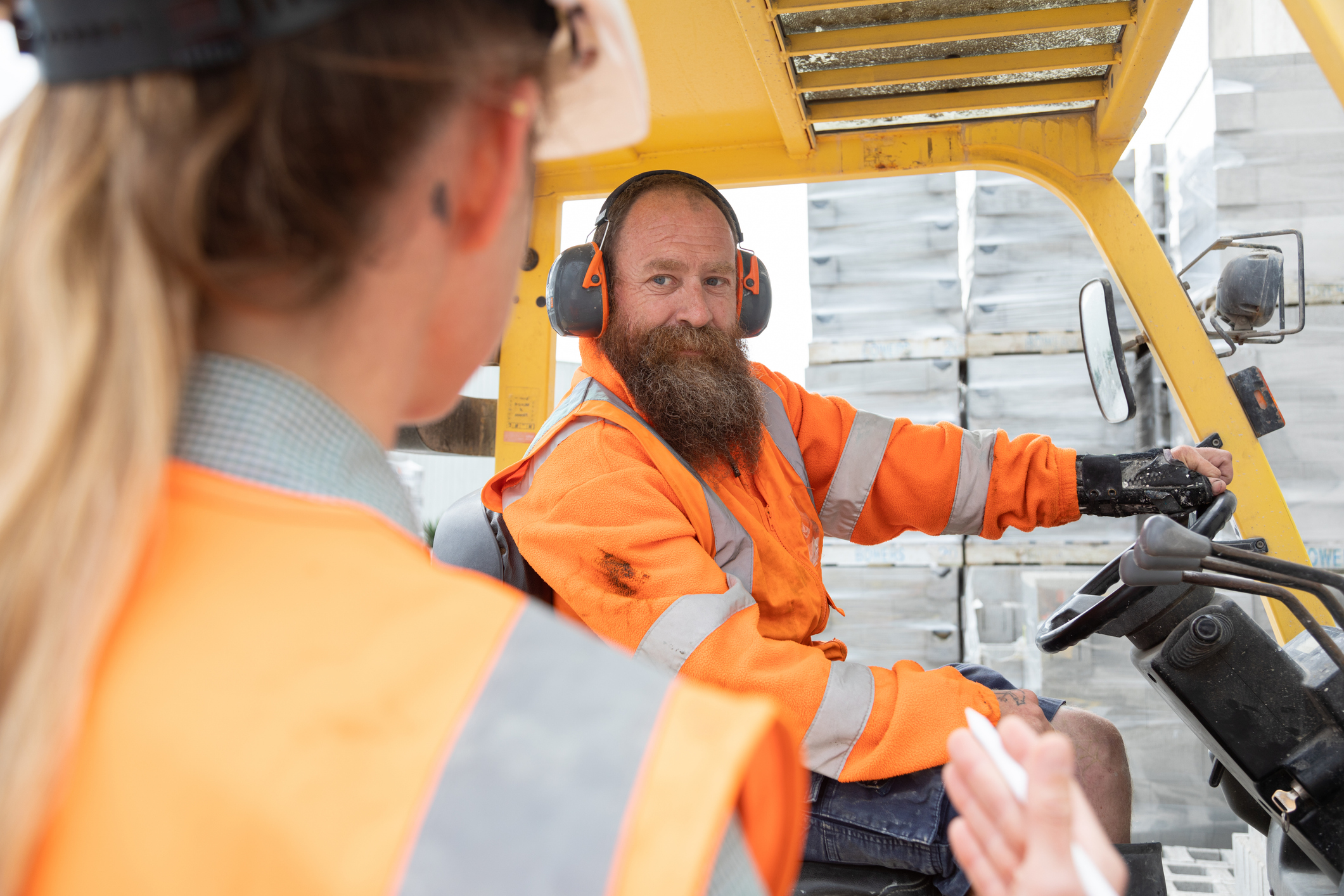Careers advice
A guide to manufacturing and factory jobs in NZ
From operating machinery to packing products, here’s what it’s like to work in manufacturing and logistics in NZ.
Last updated: 17 October 2025
What kind of jobs are there?
How much can you earn?
How do you get into the industry?
What makes a great factory worker?
Author
Other articles you might like




